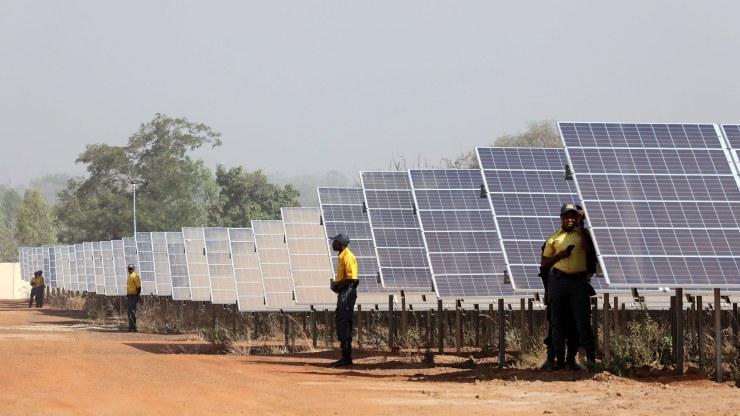Cities, Infrastructure, and Geopolitics Project

About the Project
The role of infrastructure development in geopolitical competition is likely to be at the core of new forms of strategic contestation between great powers over the shape of the international order across the coming decade. The Cities, Infrastructure, and Geopolitics project will examine the ways in which large-scale infrastructure and urbanization are becoming core to evolving approaches to strategic competition among powerful states today, focusing primarily on initiatives from China, the United States, and the European Union, which are all seeking to influence connectivity and urban spaces across and beyond their own borders.
This is a rare historical moment; one where the rise of a great power coincides with a wave of global infrastructure building and city shaping. The patterns laid down today will shape the lives of billions of people over the coming decades, if not centuries. Because the costs involved in the founding or reshaping of cities, and in redesigning and building major infrastructure projects that connect them, are so great, they tend to lock in particular ways of life for generations. This moment connects geopolitical power, economic relations, ideological visions, and material forces in ways that may configure a historical epoch.
The Project is organized around four pillars: Connectivity and Corridors; Urban Forms; Digital Architectures; and Energy Infrastructures. Each of these pillars considers and maps the leading international infrastructure efforts: China’s Belt and Road Initiative; G7 Build Back Better World; new modes of US finance and investment; and the EU Global Gateway. This approach allows for both comparative analysis and regional expertise.
Research



















To stay connected, contact:
Matt Watson
Former Communications Officer
Center on Global Cities
This project comes from the Council's Center on Global Cities, which focuses on elevating global cities as central actors that shape world affairs and advance city-based solutions to global challenges.